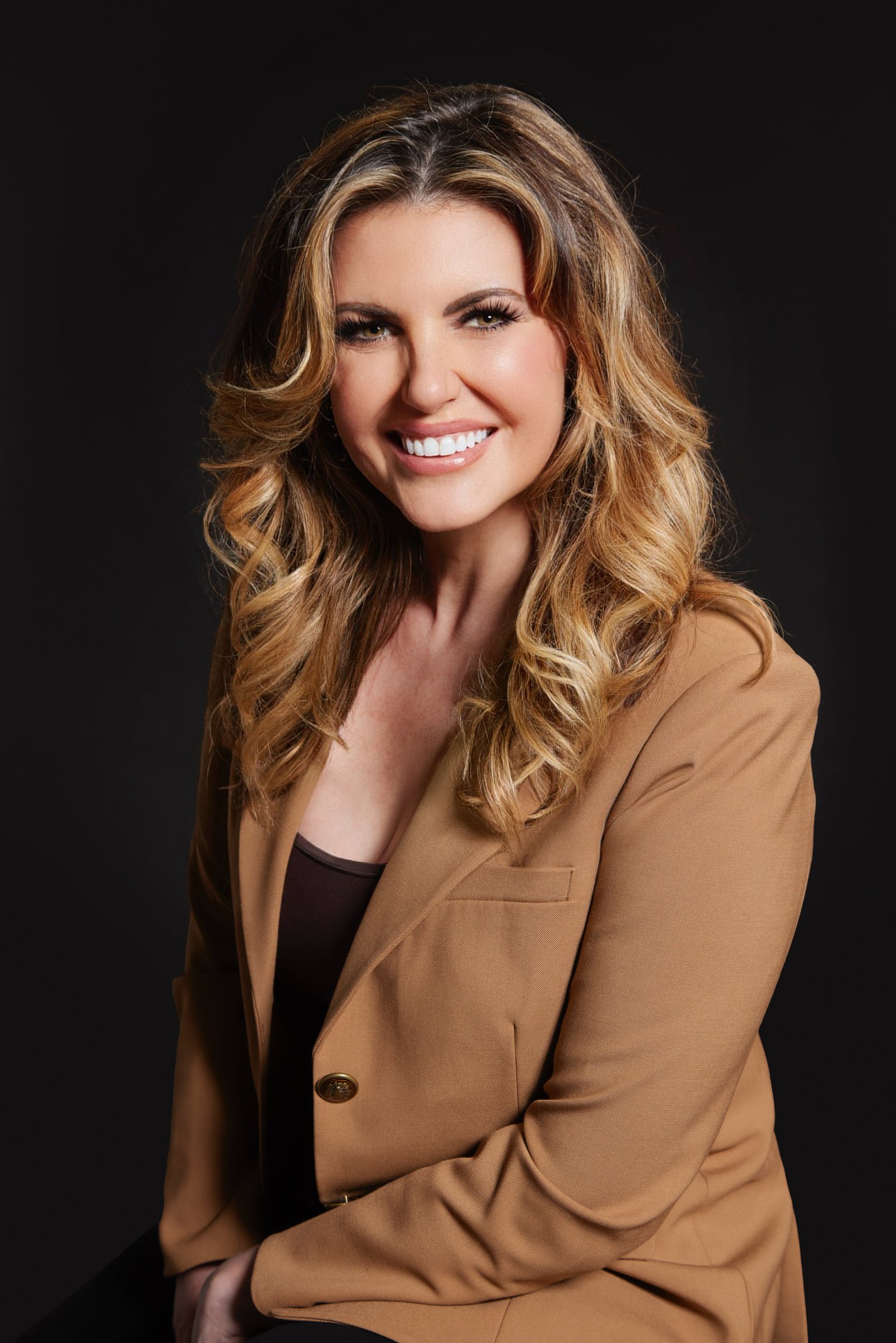
In This Unprecedented Time Take A Breath
The climate of anxiety is palpable, thick, almost tangible. In these moments it is of utmost importance to take a breath.
People suffer for various reasons, from painful relationship breaks to feelings of unworthiness carried into adulthood via a traumatic childhood. Whether you lack self-value because you missed empowering role models or upsetting experiences mentally bruised you, self-love will likely activate healing.
Self-love sometimes gets a bad rap. It’s either referred to in New Age terms, which can be a put-off if you’re otherwise inclined, or considered selfish. From a mental health perspective, however, self-love is a common feature of good mental well-being.
When you can view yourself through the eyes of love, your internal guidance system, in charge of self-talk, empowers you. It offers wisdom and helpful advice. Rather than saying you’re no good and not enough, it soothes and calms you. Then it explains sensible procedures to help you navigate your current circumstances.
Without self-love, you’re at the mercy of fear-based inner talk when facing trauma. Your internal voice brings up all the reasons you should suffer and panic. Self-love gives you a down-to-earth, wise perspective and advice, the type you get from a loving parent or kind friend.
Meet yourself with kindness.
One of the most healing effects of self-love is how it gives you the strength to meet yourself with kindness. A lack of a sense of value means you don’t hear the inner assurance that everything will be okay when trauma strikes. If you have self-love in place and difficulties arise, that inner love envelopes you, helping you feel safe and face troubles.
People who don’t harbor a sense of kindness toward themselves are easily triggered by fear. Their self-talk takes over the show and runs it during trauma, making everything worse.
Those with self-love activated instantly self-soothe, and courage grows, giving them the wisdom, strength, and motivation to step up to whatever ails them rather than run in terror.
Unfortunately, if you meet trauma, whether physical or emotional, with fear and not love, you’re more likely to go into shock. According to many ancient healing practices, like Chinese medicine, shock creates an energy block in the body and is usually the cause of suffering rather than the actual traumatic event.
But you can release stuck trauma in the body when you develop self-love, which is good news if it’s not already in place. Learning to love and value yourself means the empowering part of you that self-soothes and boosts courage can rise to the fore.
As it does so, emotional blocks are released because how you think about yourself changes. You switch from narrow, fear-based thoughts to expansive, love-based ones that open you to healing.
How to practice self-love to stimulate healing
New self-love doesn’t flourish overnight. Yet, once you plant the seed of internal value, it gradually grows. When you need to heal from trauma, rest quietly where no one will disturb you. Take deep, calm breaths toward your stomach, and close your eyes.
Next, imagine self-love as a person you can see with your mind’s eye. They might be a wise elderly prophet, a kind mother figure, or somebody else. Picture them smiling and looking at you with a gentle, loving expression, and feel their warmth flow. Know they are compassionate and only have the best advice for you because they genuinely love you.
Ask self-love to watch over you, soothe you, and give you courage and wise counsel. As a habit, meet them in your mind each night before you sleep and get used to connecting with them.
In time, self-love will speak to you on auto-pilot when you need advice and kindness, and it will replace the critical, less gentle inner voice that used to offer disparagement.
Everyone has an intelligent internal guidance system linked to self-love; this is why it’s vital not to overlook the power of recognizing your value or dismiss it as New Age humbug. Likewise, every mental healthcare professional acknowledges the benefits of self-love for their clients and how it aids their healing.
Whether you’ve not yet experienced a sense of worthiness or need to top up on self-love, you can tap into that part of you that boosts healing and gives wise counsel. Your imagination is a powerful tool; you can plant the seed of self-love and get an instant, helpful response. Practice meeting with your inner loving guidance, and you’ll be able to connect when you need it most.


The climate of anxiety is palpable, thick, almost tangible. In these moments it is of utmost importance to take a breath.

Our stories make us human, and sharing stories and resolutions is at the core of therapy. How can I connect with others’ stories?

Daylight Savings Fatigue can impact our sleep patterns and overall well-being. Here are a few ways to help transition to shorter daylight hours.